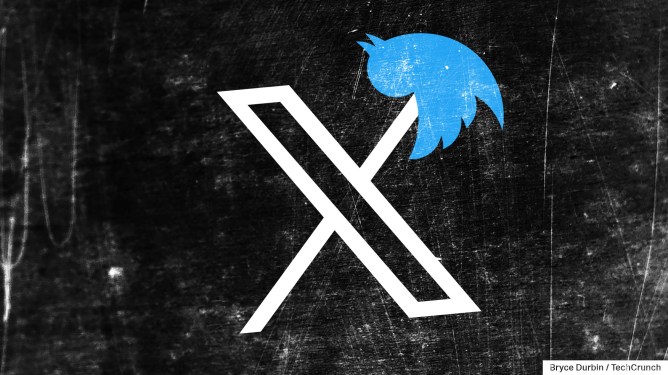In a recent development, it appears that Elon Musk-owned social network X is backing down from its confrontation with Brazil’s Supreme Court. According to a court filing by The New York Times, the company’s lawyers have acknowledged compliance with the court’s orders, which included blocking designated accounts, paying fines, and appointing a new formal representative in the country.
The Backstory: A Dispute Over Election Misinformation
This dispute began when Supreme Court Justice Alexandre de Moraes initiated an investigation into election misinformation. As part of this inquiry, Moraes ordered X to block certain accounts. Initially, the company stated that it would comply with these orders; however, it ultimately shut down operations in Brazil.
A Ban and Threats of Fines
Moraes subsequently banned the service in Brazil, warning users that attempting to circumvent the ban using a VPN could result in fines. During this time, Brazilian users turned to alternative social media platforms, leading to significant growth for Bluesky and Tumblr.
Cloudflare’s Role: A ‘Coincidence’ or Something More?
Matthias Prince, CEO of Cloudflare, revealed that the company had recently transitioned X to its infrastructure. When questioned about the timing of this move, Prince dismissed any potential connection, labeling it a mere coincidence.
X’s Response and Its Future in Brazil
In an apparent attempt to de-escalate the situation, X stated that it would continue working with the Brazilian government to regain access for users in Brazil. Unfortunately, neither Musk nor X’s Global Government Affairs account has commented on this development.
What’s at Stake: The Impact of This Confrontation
This confrontation between X and Brazil’s Supreme Court highlights the complex relationship between social media platforms and governments worldwide. As these services continue to shape public discourse, policymakers must navigate the delicate balance between freedom of expression and accountability for misinformation.
The Brazilian Perspective: A Concerned Government
Brazilian authorities have been scrutinizing social media platforms due to concerns about their impact on democratic processes. Justice Alexandre de Moraes’ actions reflect this emphasis on accountability, particularly in regards to election misinformation.
What’s Next: A New Era of Cooperation?
It remains to be seen how X will proceed with its efforts to regain access for Brazilian users. However, by acknowledging compliance and promising continued cooperation with the government, the company appears to be taking a conciliatory approach. As this situation unfolds, one thing is clear: social media platforms will continue to play a significant role in shaping global conversations.
A Changing Landscape: Alternative Platforms Emerge
In response to X’s ban, users turned to alternative social media platforms like Bluesky and Tumblr. This growth underscores the adaptability of online communities and their willingness to explore new options when faced with restrictions.
A Shift Toward Collaboration?
The recent developments between X and Brazil’s Supreme Court suggest a shift towards cooperation and compliance. As governments worldwide continue to scrutinize social media platforms, these companies must navigate this complex landscape while prioritizing transparency and accountability.
Conclusion: A New Era of Cooperation?
As the situation with X and Brazil’s Supreme Court continues to unfold, one thing is clear: social media platforms will play a pivotal role in shaping global conversations. By acknowledging compliance and promising continued cooperation with governments, these companies are taking steps towards a new era of collaboration and accountability.
Sources
- The New York Times
- TechCrunch
Stay Up-to-Date on the Latest Developments
Follow us for the latest news and updates on social media platforms, government policies, and their intersections.




